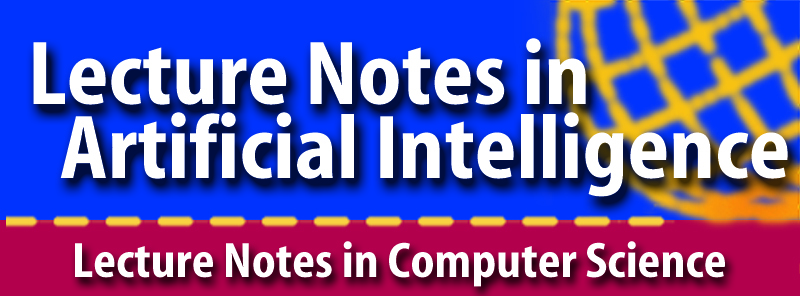 |
|
Title: Recent Advances in Trustworthy Federated Learning (Video)
Speaker: Qiang Yang, Chief AI Officer (CAIO), WeBank / Chair Professor, Hong Kong University of Science and Technology (HKUST)
Biography
Qiang Yang is the head of the AI Department at WeBank (Chief AI Officer) and Chair Professor at the Computer Science and Engineering (CSE) Department of the Hong Kong University of Science and Technology (HKUST), where he was a former head of CSE Department and founding director of the Big Data Institute (2015-2018). His research interests include AI, machine learning, and data mining, especially in transfer learning, automated planning, federated learning, and case-based reasoning. He is a fellow of several international societies, including ACM, AAAI, IEEE, IAPR, and AAAS. He received his Ph.D. in Computer Science in 1989 and his M.Sc. in Astrophysics in 1985, both from the University of Maryland, College Park. He obtained his B.Sc. in Astrophysics from Peking University in 1982. He had been a faculty member at the University of Waterloo (1989-1995) and Simon Fraser University (1995-2001). He was the founding Editor-in-Chief of the ACM Transactions on Intelligent Systems and Technology (ACM TIST) and IEEE Transactions on Big Data (IEEE TBD). He served as the President of International Joint Conference on AI (IJCAI, 2017-2019) and an executive council member of Association for the Advancement of AI (AAAI, 2016-2020). Qiang Yang is a recipient of several awards, including the 2004/2005 ACM KDDCUP Championship, the ACM SIGKDD Distinguished Service Award (2017), and AAAI Innovative Application Awards (2018, 2020 and 2022). He was the founding director of Huawei's Noah's Ark Lab (2012-2014) and a co-founder of 4Paradigm Corp, an AI platform company. He is an author of several books including Intelligent Planning (Springer), Crafting Your Research Future (Morgan & Claypool), and Constraint-based Design Recovery for Software Engineering (Springer).
|






















